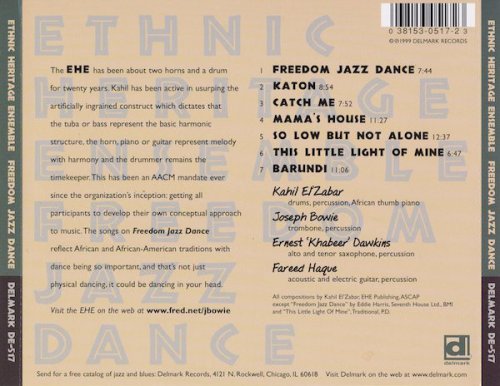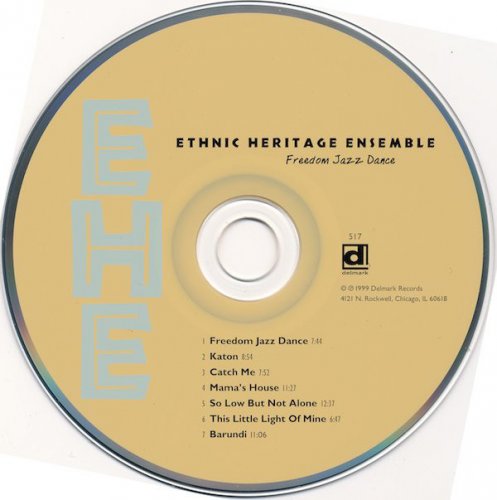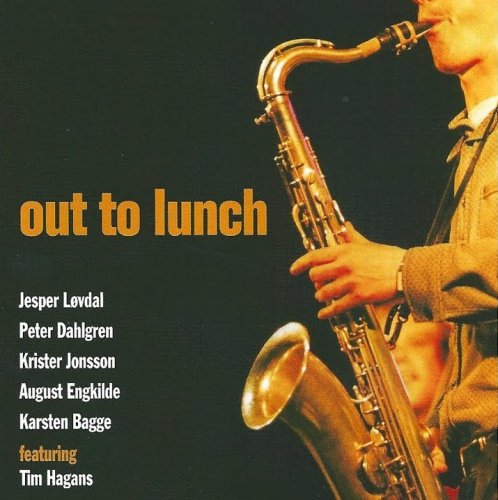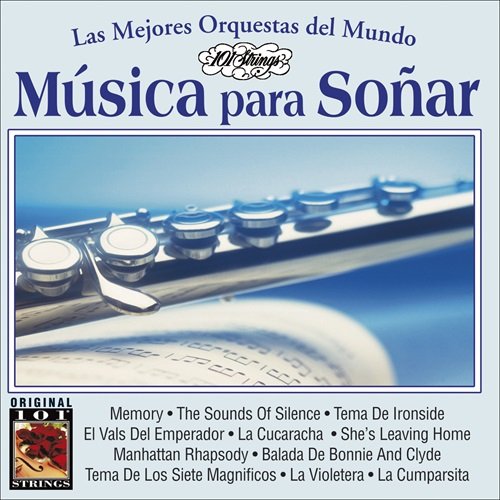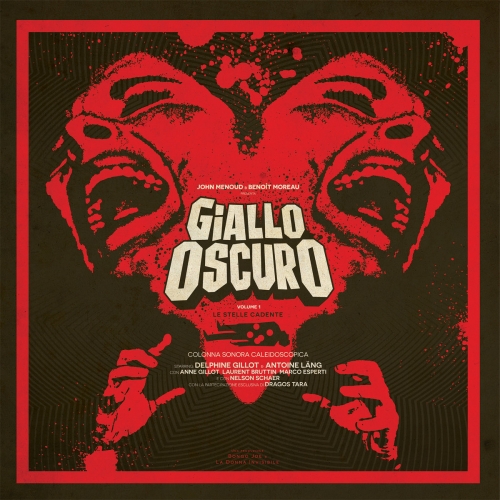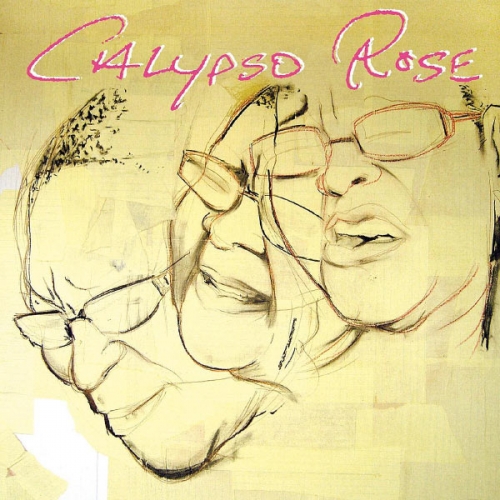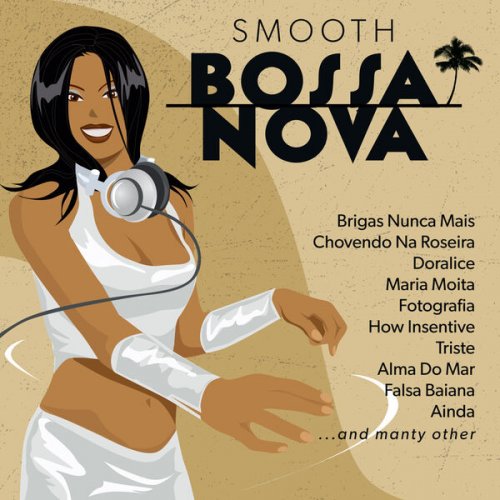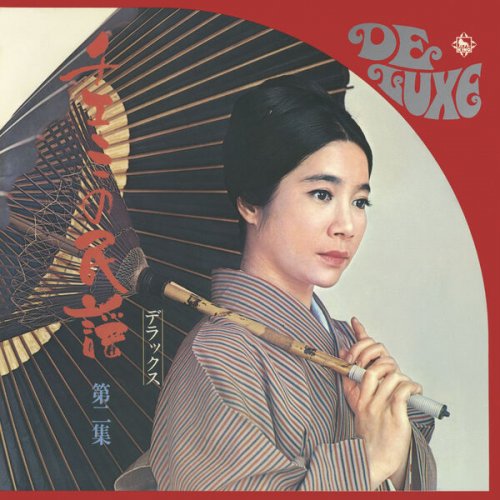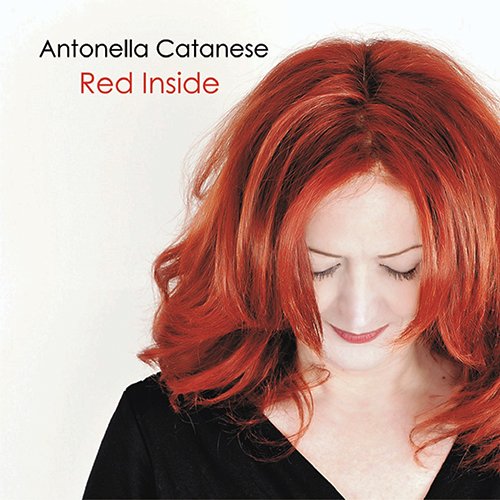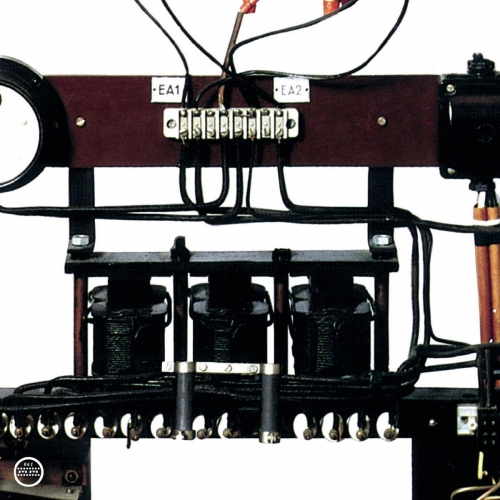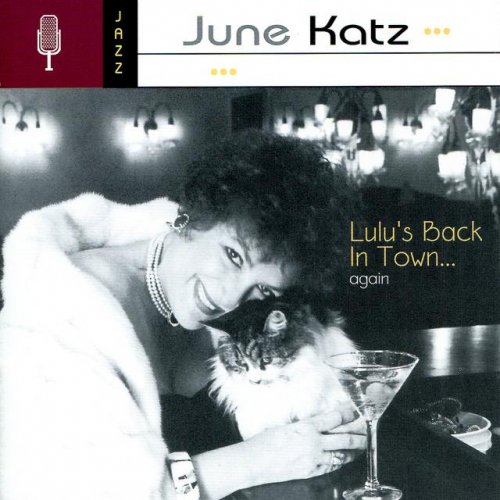Ethnic Heritage Ensemble - Freedom Jazz Dance (1999)
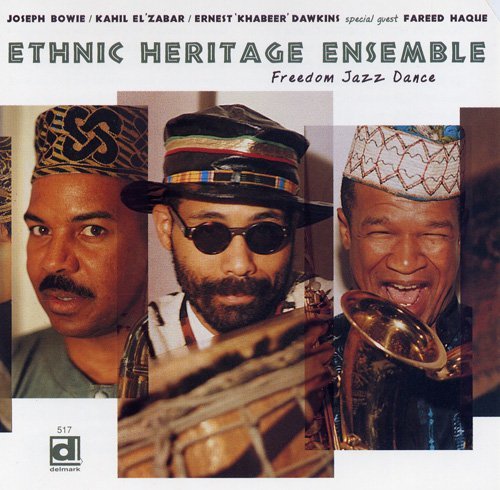
Artist: Ethnic Heritage Ensemble
Title: Freedom Jazz Dance
Year Of Release: 1999
Label: Delmark DE-517
Genre: Jazz, Post-Bop, Ethnic
Quality: FLAC (image+.cue,log)
Total Time: 1:06:52
Total Size: 374 MB
WebSite: Album Preview
Tracklist:Title: Freedom Jazz Dance
Year Of Release: 1999
Label: Delmark DE-517
Genre: Jazz, Post-Bop, Ethnic
Quality: FLAC (image+.cue,log)
Total Time: 1:06:52
Total Size: 374 MB
WebSite: Album Preview
1. Freedom Jazz Dance
2. Katon
3. Catch Me
4. Mama's house
5. So Low But Not Alone
6. This Little Light Of Mine
7. Barundi
Since Ernest "Khabeer" Dawkins replaced Edward Wilkerson as saxophonist for the EHE in 1997, one of the group's main focuses has been the experimentation with special guests to enhance the trio's signature percussion-plus-two-horns sound. After adding master percussionist (and Kahil El'Zabar's mentor) Harold "Atu" Murray for two recordings—The Continuum (Delmark) and Papa's Bounce (CIMP)—the EHE has made an even more daring musicological shift on this session with the addition of guitarist Fareed Haque. Now those familiar with Haque's Blue Note recordings might feel that "daring" isn't the most accurate adjective but, considering that the EHE has never incorporated a full-time chordal instrument into its musical schematics in its 20-plus year existence, the real challenge put forth on this disc begins to reveal itself. Whether arming a straight-ahead jazz arrangement with hypnotic percussion or blowing free jazz horn solos over traditional African rhythms, the group always serves up a funky twist on the familiar—and Haque's versatility amongst styles (jazz, flamenco, classical) and media (proficiency on both acoustic and electric guitar) makes him a perfect match for the EHE's wide-ranging territorial base. From the relaxed groove of the title track (underscored by Dawkins' soulfully sustained high notes, Joseph Bowie's growling blues and Haque's raw fretboard scatterings) to the elephantine chromaticism of "Burundi," the Ensemble strikes a healthy balance between new and previously recorded material that extends their category-eroding mission.
Under closer inspection, both "Katon" and "Mama's House" deserve extra attention. "Katon" realizes perhaps the most effective syncretization of Haque's guitar into the EHE concept, by pairing his flamenco-informed acoustic guitar with El'Zabar's thumb piano to provide an aural pillow for Dawkins and Bowie's searchingly melodic horns—resulting in a dynamic richness that invokes a sense of pure and luxurious longing. On the contrary, "Mama's House" is a slab of solid funk in which El'Zabar's percussion and Haque's lithe chords move the melody toward resolution. Bowie is first to solo, engaging fully with a punctual dancing around the beat. Haque follows, abandoning his rhythmic support to sculpt sporadic lines over the polyrhythmic ensemble bliss. Dawkins' tenor then grabs hold of a boppish security, only to branch out in heightened leaps. Finally, the subdued dialogue between percussion and guitar bridges the gap to melody's restatement.
Simultaneously clever and serious, spacious and funky, Freedom Jazz Dance offers the latest fruits of the EHE's continuous search to obliterate (or at least redefine) musical boundaries. And especially with Haque augmenting the group's regular lineup, it just might be their best recording to date.
Under closer inspection, both "Katon" and "Mama's House" deserve extra attention. "Katon" realizes perhaps the most effective syncretization of Haque's guitar into the EHE concept, by pairing his flamenco-informed acoustic guitar with El'Zabar's thumb piano to provide an aural pillow for Dawkins and Bowie's searchingly melodic horns—resulting in a dynamic richness that invokes a sense of pure and luxurious longing. On the contrary, "Mama's House" is a slab of solid funk in which El'Zabar's percussion and Haque's lithe chords move the melody toward resolution. Bowie is first to solo, engaging fully with a punctual dancing around the beat. Haque follows, abandoning his rhythmic support to sculpt sporadic lines over the polyrhythmic ensemble bliss. Dawkins' tenor then grabs hold of a boppish security, only to branch out in heightened leaps. Finally, the subdued dialogue between percussion and guitar bridges the gap to melody's restatement.
Simultaneously clever and serious, spacious and funky, Freedom Jazz Dance offers the latest fruits of the EHE's continuous search to obliterate (or at least redefine) musical boundaries. And especially with Haque augmenting the group's regular lineup, it just might be their best recording to date.
